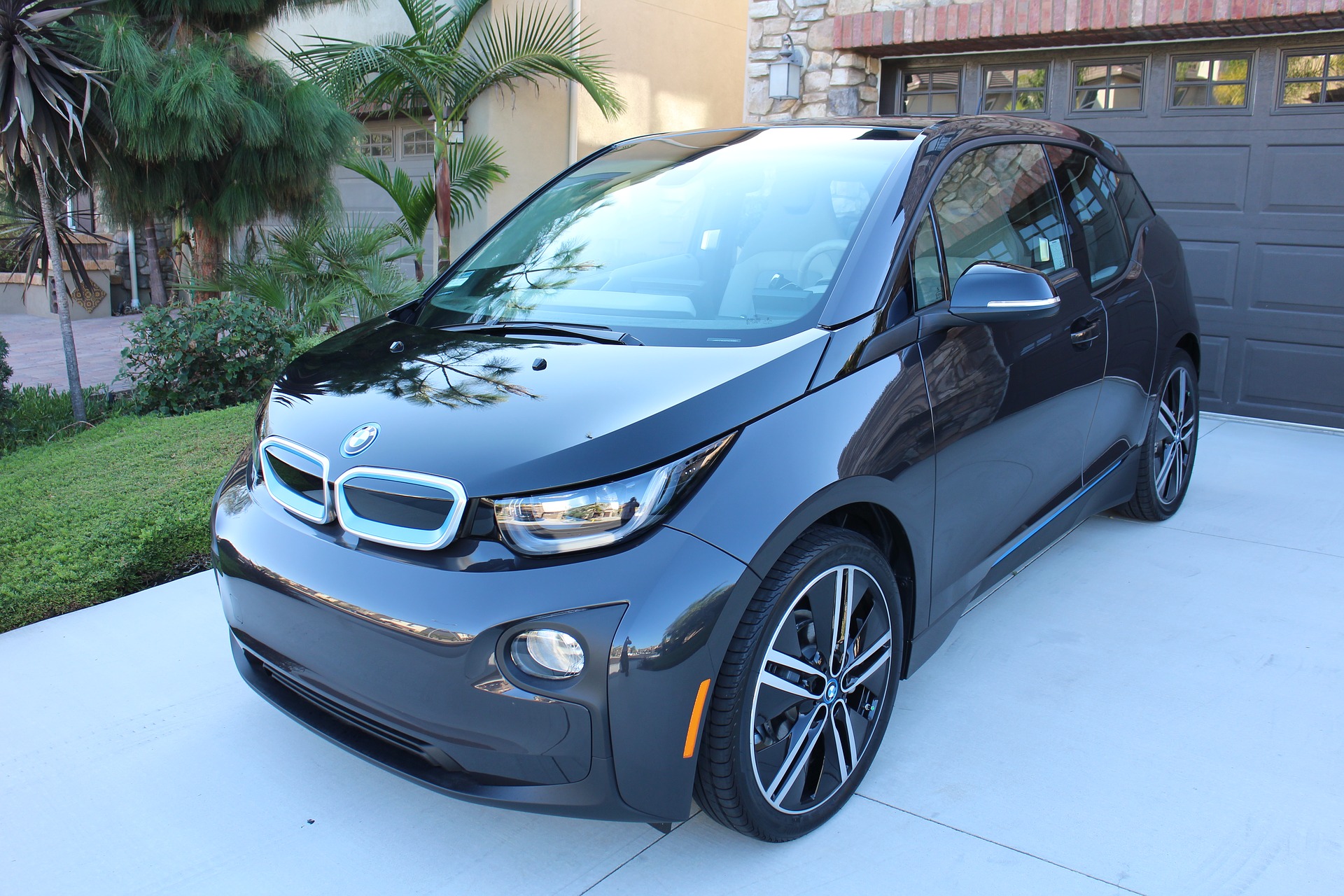With the rise in popularity of electric vehicles, more and more people are considering adding a home charging station. While the act of plugging your car in is simple, a lot goes on behind the scenes of installing the system. Here are the answers to the most common questions about home charging stations.
Are Home Charging Stations Necessary?
Before rushing forward with the installation, consider whether you actually need a home charging station. Some fortunate electric vehicle owners have a relatively short drive to a workplace with charging stations. Plugging your car in for a few hours every few days while at work is more than enough in most cases. Many public places such as shopping centers are also installing charging stations that you can use–keep in mind though that availability is not guaranteed. If you put a good amount of miles on your car each day, you’ll likely want to be able to charge at home.
At-Home Charging Options
The easiest, albeit the slowest, way to charge your electric vehicle at home is to simply plug it into a wall outlet. While you don’t need to spend any extra money, it will take many hours to charge a depleted battery since wall outlets in the US only emit 120V. You’ll only get about three to five miles of battery life per hour by charging with a wall outlet. This method works fine if you have public chargers available during the week, and only need to plug your car in at home over the weekend.
The much more preferable option is a Level 2 charger, which emits 240V of power. This type of charger is able to fully charge a dead battery in a matter of just a few hours, meaning you can plug your car in overnight and wake up to a full battery. You must have an electrician install a 240V wall outlet in your garage to be able to use a Level 2 charger.
Level 2 chargers can be portable or wall-mounted. Portable chargers are less powerful, but offer the security of bringing your charger with you wherever you go–be it a visit to a family member’s home, on vacation, or on an overnight work trip. They generally charge at a rate of 12-18 miles per hour, so you can effectively charge half of your car’s battery overnight. A socket or wall-mounted charger is more powerful and charges a battery in about 3.5 hours.
With some simple rewiring, an electrician should easily be able to install a home car charger in your driveway or garage. The chargers are weatherproof of course, so it is safe regardless of whether the station is exposed to the elements.
How much do they cost?
The cost of your charger depends on the power and type you get. Portable chargers start around $175 for basic models, but if you want more power, longer cables, or special features, they may be upwards of $400. On the other hand, wall-mounted vehicle chargers usually cost about $500, but fancier models can reach upwards of $900. Most chargers can be used for any brand of electric vehicle; however, keep in mind that Tesla-brand chargers and charging stations only work on Tesla vehicles, unless you have an adaptor.
Do you have more questions about installing a home charging station? Call the experts at Promise Electric for more information.



